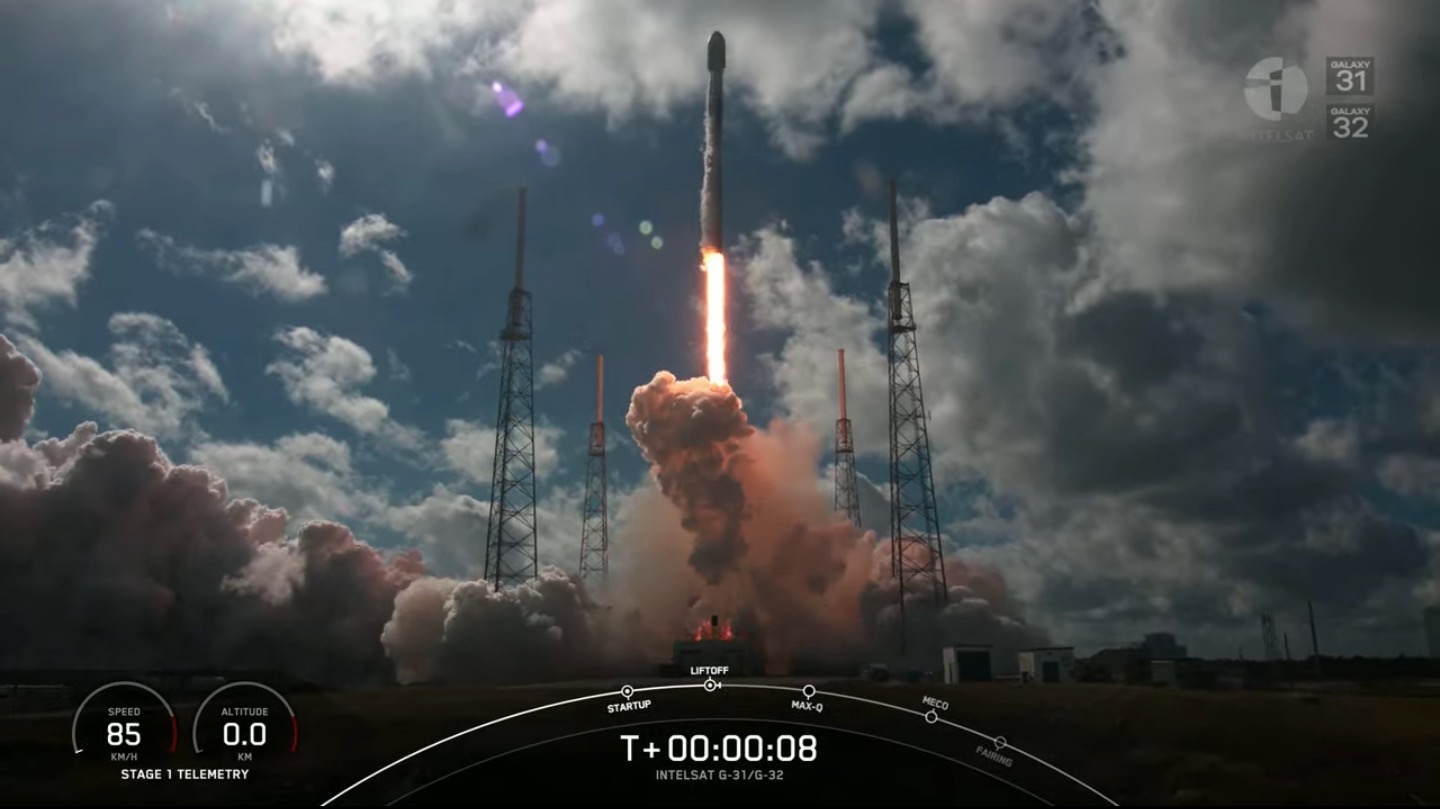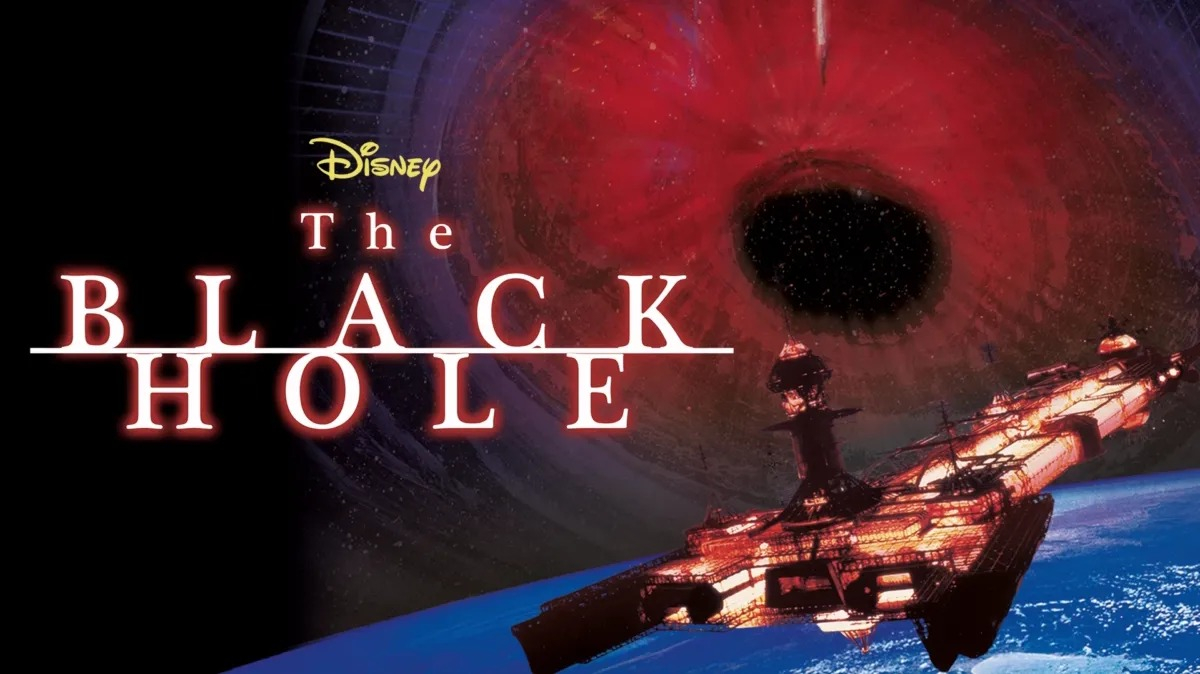SpaceX rocket launches 2 big telecom satellites on record-tying 14th mission
A Falcon 9 sent two spacecraft to orbit for Intelsat today (Nov. 12).
Breaking space news, the latest updates on rocket launches, skywatching events and more!
You are now subscribed
Your newsletter sign-up was successful
Want to add more newsletters?

Delivered daily
Daily Newsletter
Breaking space news, the latest updates on rocket launches, skywatching events and more!

Once a month
Watch This Space
Sign up to our monthly entertainment newsletter to keep up with all our coverage of the latest sci-fi and space movies, tv shows, games and books.

Once a week
Night Sky This Week
Discover this week's must-see night sky events, moon phases, and stunning astrophotos. Sign up for our skywatching newsletter and explore the universe with us!

Twice a month
Strange New Words
Space.com's Sci-Fi Reader's Club. Read a sci-fi short story every month and join a virtual community of fellow science fiction fans!
SpaceX launched two telecom satellites on Saturday (Nov. 12), tying its own rocket reuse record in the process.
A SpaceX Falcon 9 rocket lifted off from Florida's Cape Canaveral Space Force Station at 11:06 a.m. EST (1606 GMT) on Saturday, carrying Intelsat's Galaxy 31 and Galaxy 32 satellites aloft.
It was the 14th mission for this Falcon 9's first stage, tying a SpaceX record. The booster also helped loft Demo-2, SpaceX's first-ever astronaut flight, in May 2020; the RADARSAT Constellation Mission; the SXM-7 spacecraft for SiriusXM; and 10 big batches of SpaceX's Starlink satellites, the company wrote in a mission description.
Related: The 20 most memorable SpaceX missions from its 1st 20 years in photos

There will be no 15th flight for this booster, however; SpaceX did not try to bring it down for a safe landing and future reuse.
"Today's payload needed a little more performance out of Falcon 9, and so we had to use the propellants that we would normally use for the entry burn and landing burn to instead take the payload to orbit," SpaceX space operations engineer Siva Bharadvaj said during a webcast of the launch.
Galaxy 31 and Galaxy 32 are both quite heavy, and the Falcon 9 carried them to a distant geosynchronous transfer orbit. The rocket's upper stage deployed the two satellites as planned about 33 minutes and 38 minutes after liftoff, respectively.
Breaking space news, the latest updates on rocket launches, skywatching events and more!
The duo will help Intelsat refresh its communications fleet, the company said on its website. The high-speed satellites represent a "new generation of technology" for customers that largely include television broadcasters, Intelsat officials stated.
Galaxy 31 and Galaxy 32 will replace older North American-focused satellites in geosynchronous orbit, meaning they will remain consistently above one area of Earth.
Saturday's launch was the second Intelsat mission in just over a month for SpaceX, which lofted the Galaxy 33 and Galaxy 34 satellites using a Falcon 9 on Oct. 8. (It was the 14th mission for that rocket's first stage as well, by the way.)
At the time, Intelsat officials said the two Galaxy satellites will provide fresh capabilities in C-band, a radio frequency range that Galaxy 31 and 32 will also use.
Saturday's launch was the 52nd overall for SpaceX in 2022, adding to the company's growing single-year record (which had been 31, set in 2021). It was also the 48th flight this year using a previously flown Falcon 9 rocket.
The vast majority of SpaceX launches in 2022 have served to grow the company's enormous Starlink satellite-internet constellation. But SpaceX has also launched other companies' satellites to orbit, as well as cargo and crew missions to the International Space Station with Falcon 9s this year.
In addition, SpaceX flew its Falcon Heavy on Nov. 1. That mission, which lofted payloads for the U.S. Space Force, was the first flight of the powerful rocket since June 2019.
Editor's note: This story was updated at noon EST on Nov. 12 with news of successful liftoff and satellite deployment.
Elizabeth Howell is the co-author of "Why Am I Taller?" (ECW Press, 2022; with Canadian astronaut Dave Williams), a book about space medicine. Follow her on Twitter @howellspace. Follow us on Twitter @Spacedotcom or Facebook.

Elizabeth Howell (she/her), Ph.D., was a staff writer in the spaceflight channel between 2022 and 2024 specializing in Canadian space news. She was contributing writer for Space.com for 10 years from 2012 to 2024. Elizabeth's reporting includes multiple exclusives with the White House, leading world coverage about a lost-and-found space tomato on the International Space Station, witnessing five human spaceflight launches on two continents, flying parabolic, working inside a spacesuit, and participating in a simulated Mars mission. Her latest book, "Why Am I Taller?" (ECW Press, 2022) is co-written with astronaut Dave Williams.
